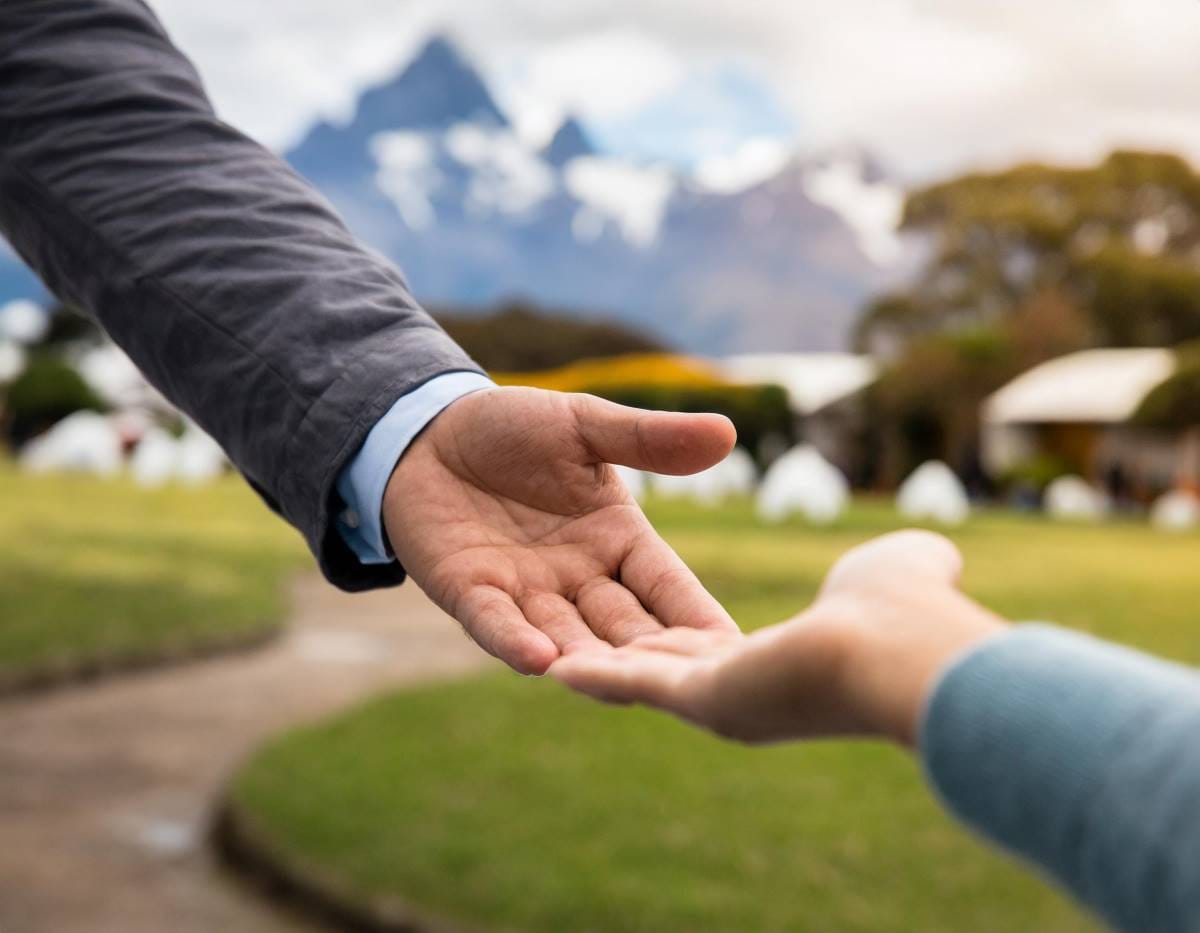How Discrimination Harms Body, Mind, and Soul
Discrimination erodes human dignity, causing immense suffering. Zero Discrimination Day highlights prejudice based on race, gender identity, sexual orientation, and more. Statistics reveal widespread discrimination, especially against marginalized groups.

The world spins a little grayer for those who are excluded; a little colder for those who are stigmatized. It's more than an uncomfortable feeling or a moment of social awkwardness – the absence of dignity, the feeling of not being fully seen or accepted as a human being, is a profound issue of wellness on par with physical illness.
“Imagine,” says Mónica González Contró, director of Mexico's UNAM Legal Research Institute, “that something about the way you look, who you love, or where you come from prevents you from exercising your basic rights. Think of the suffering caused.”




